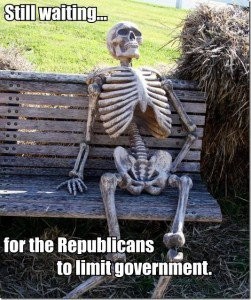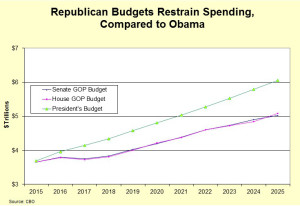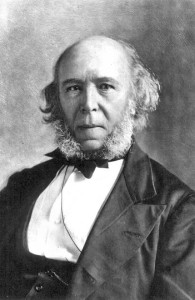According to the book “Merchants of Smear” by Russell Cook, the U.S. government alone spent more than $106 billion in taxpayer funds to research and support alarmist climate research between 2003 and 2010, as well as billions more on ineffective renewable energy boondoggles. Much of the taxpayer-supported alleged scientists refuse to let other scientists, IPCC reviewers, or FOIA investigators view their raw data, computer codes, or computer algorithms. The alarmist “scientists” claim the information is private property, even though taxpayers paid for the work and the results.
Cook’s book also exposes the widely-repeated “97 percent consensus” claim as highly imaginative. The claim, according to Cook, is based on a study by a University of Queensland professor claiming 97 percent of published scientific papers agree humans caused at least half of the 1.3º F (0.7º C) global warming since 1950; in reality, only 41 of the 11,944 papers cited explicitly said this.











